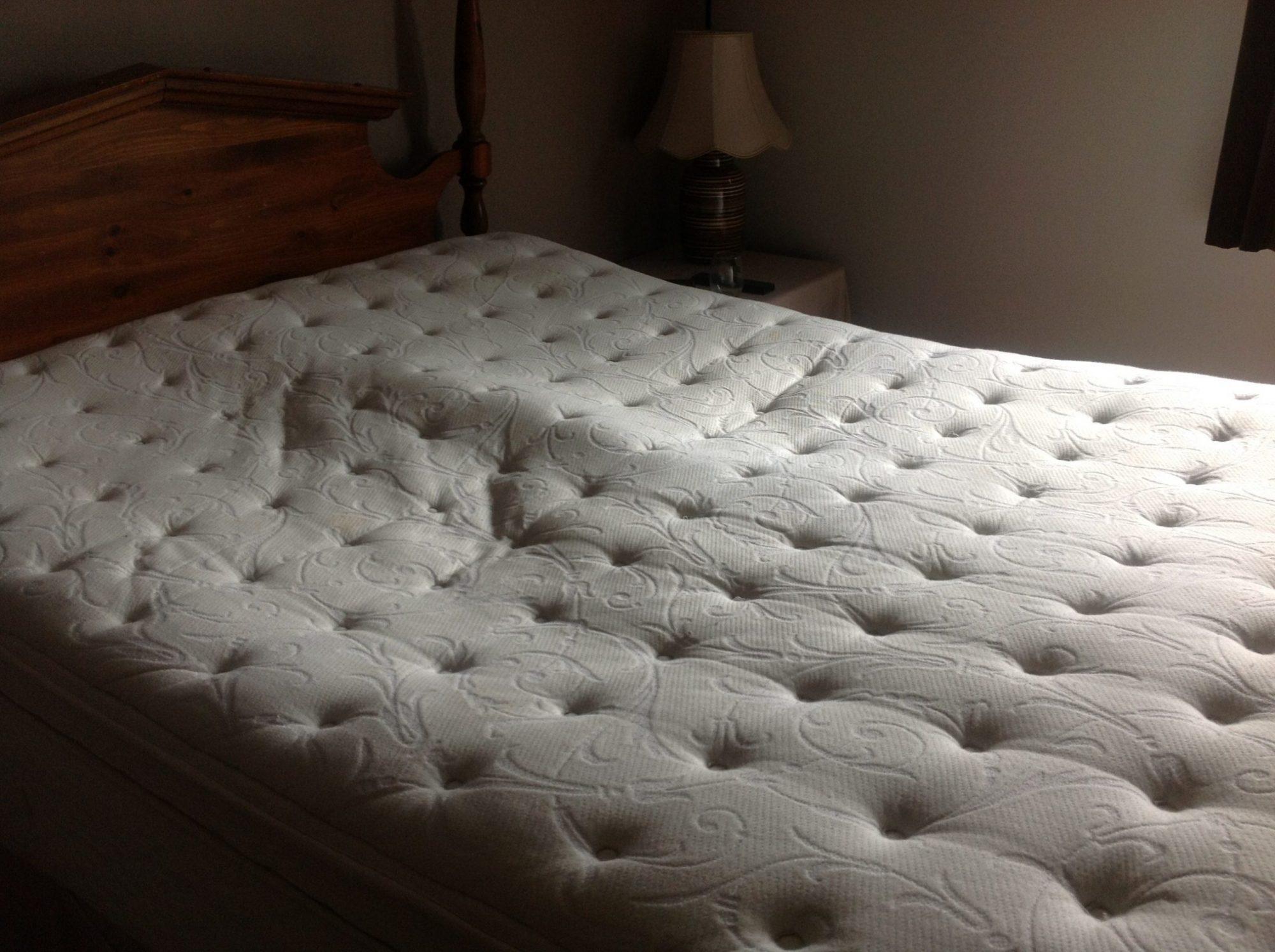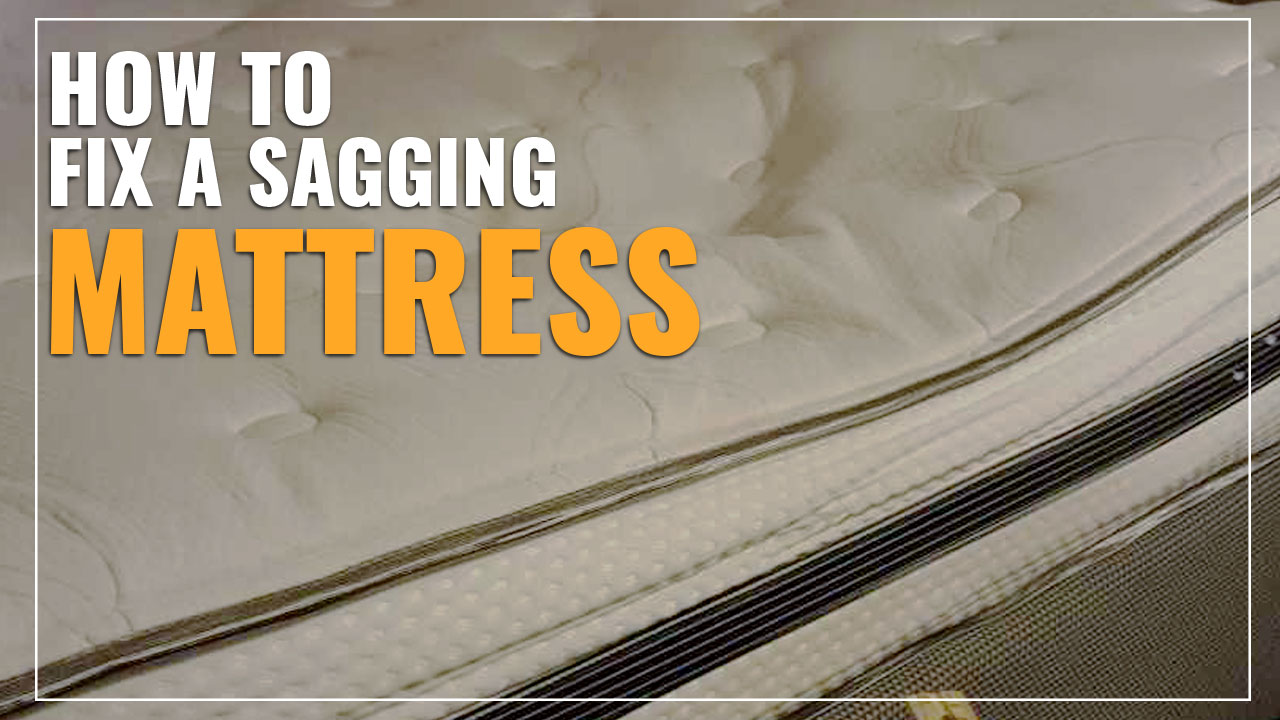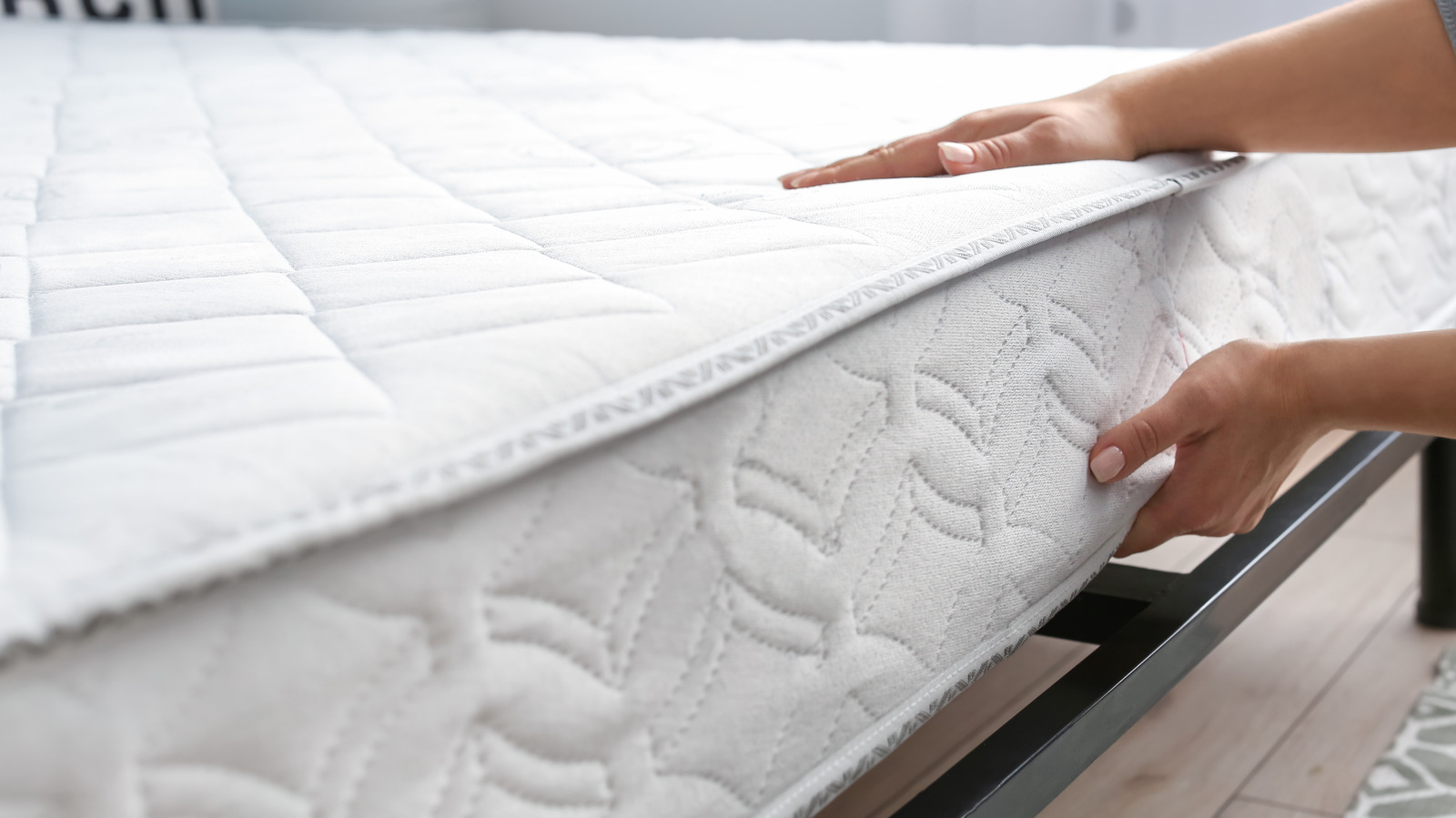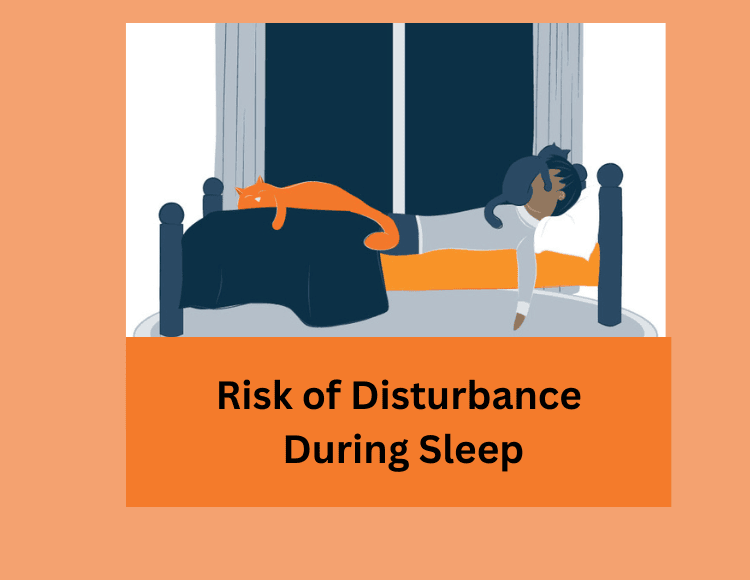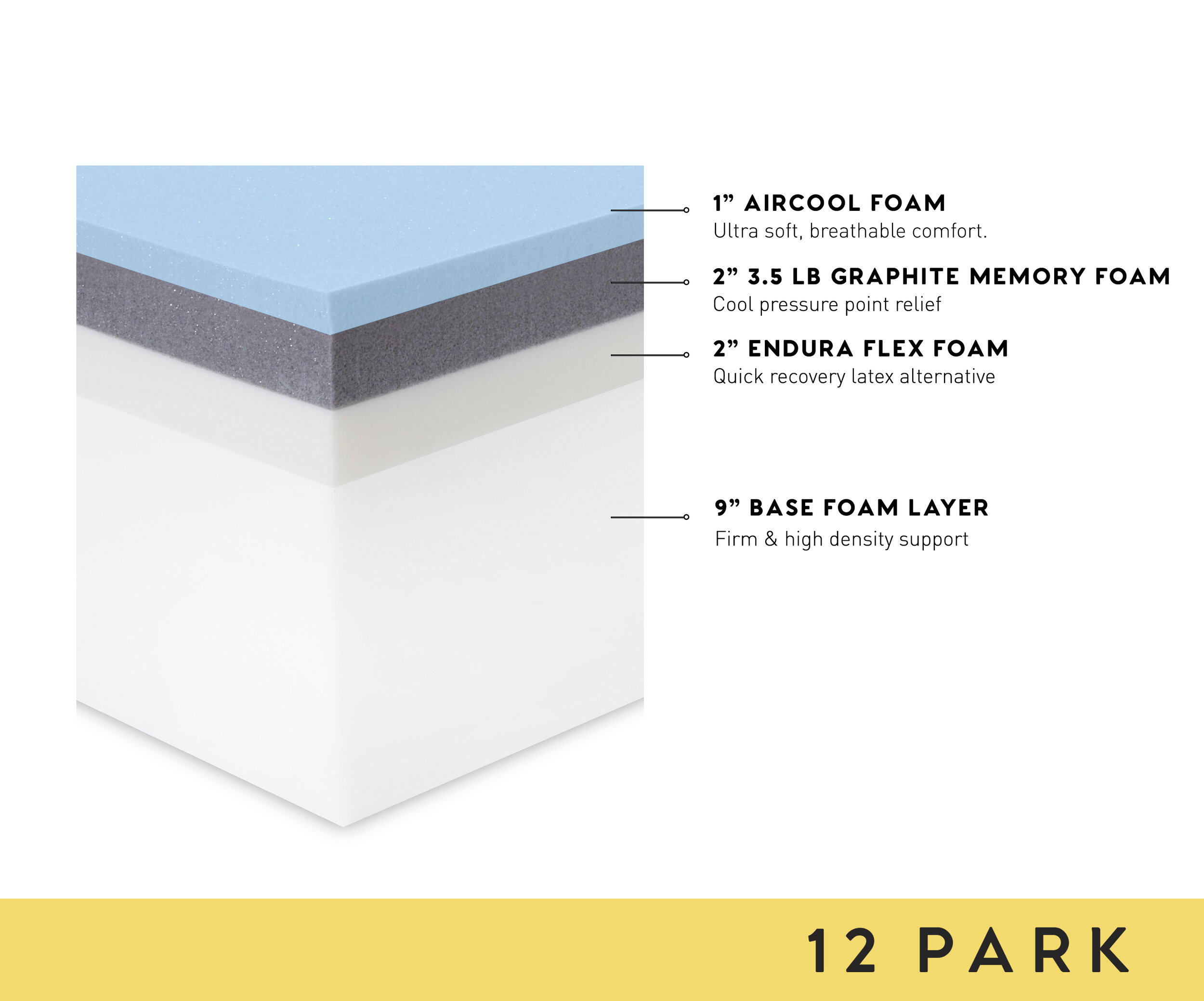Waking up with back pain is a common sign that your mattress may be too soft or too firm. A mattress that is too soft can cause your body to sink in too deeply, putting strain on your back and causing discomfort. On the other hand, a mattress that is too firm may not provide enough support for your body, leading to pressure points and back pain.1. Back pain
If you often wake up with a stiff or sore neck, it could be a sign that your mattress is not providing the right level of support for your head and neck. A mattress that is too firm can cause your neck to be pushed upwards, while a mattress that is too soft may not provide enough support to keep your neck aligned with your spine.2. Neck pain
Similar to back pain, waking up with hip pain can be a sign that your mattress is not the right firmness for your body. A mattress that is too firm can put pressure on your hips, while a mattress that is too soft may not provide enough support for your hips, causing them to sink too deeply into the mattress.3. Hip pain
If you experience shoulder pain after sleeping, it could be a sign that your mattress is not supporting your shoulders properly. A mattress that is too firm can cause your shoulders to push up, while a mattress that is too soft may not provide enough support to keep your shoulders aligned with your spine.4. Shoulder pain
Do you often wake up with numbness or tingling in your arms or legs? This could be a sign that your mattress is too firm and causing pressure on your nerves, cutting off circulation to your limbs. A softer mattress may be able to alleviate this issue by allowing your body to sink in and relieve pressure on your nerves.5. Numbness or tingling in limbs
If you find yourself tossing and turning or struggling to fall asleep, it could be a sign that your mattress is not the right firmness for you. A mattress that is too firm can cause discomfort and make it difficult to get comfortable, while a mattress that is too soft may not provide enough support to keep your body in a comfortable position.6. Difficulty falling asleep
Waking up with stiffness or soreness in your muscles can be a sign that your mattress is not providing the right level of support. A mattress that is too soft can cause your muscles to work harder to support your body, while a mattress that is too firm can put pressure on your muscles, causing them to become sore and stiff.7. Waking up with stiffness or soreness
If you notice that your mattress has started to sag or has uneven spots, it is a clear sign that it is time for a new one. A sagging mattress is not providing the proper support for your body and can lead to aches and pains. It is important to replace your mattress before it starts to sag too much to avoid any potential injuries.8. Mattress sagging or unevenness
If you share a bed with a partner, you may notice that their movements during the night can disturb your sleep. This could be a sign that your mattress is not isolating motion properly, meaning that movement on one side of the bed can be felt on the other. A firmer mattress may be able to reduce this disturbance and allow for a more restful sleep.9. Partner disturbance during sleep
One of the most obvious signs that you may need a firmer or softer mattress is feeling tired or unrested after waking up. This could be a result of not getting enough support or comfort from your current mattress, leading to a poor night's sleep. Investing in a mattress that is the right level of firmness for your body can greatly improve your sleep quality and leave you feeling refreshed and well-rested in the morning.10. Feeling tired or unrested after waking up
Factors to Consider When Choosing a Mattress

Support
 One of the key factors to consider when choosing a mattress is the level of support it provides. If you wake up with aches and pains, it could be a sign that your current mattress is not providing enough support for your body. A firmer mattress is typically recommended for those who need more support, as it can help keep your spine aligned while you sleep. On the other hand, a softer mattress may be a better option for those who prefer a more cushioned and plush feel.
One of the key factors to consider when choosing a mattress is the level of support it provides. If you wake up with aches and pains, it could be a sign that your current mattress is not providing enough support for your body. A firmer mattress is typically recommended for those who need more support, as it can help keep your spine aligned while you sleep. On the other hand, a softer mattress may be a better option for those who prefer a more cushioned and plush feel.
Sleeping Position
 Another important factor to consider is your preferred sleeping position. Different sleeping positions require different levels of firmness in a mattress. For example, side sleepers may benefit from a softer mattress as it can help relieve pressure on their hips and shoulders. Back sleepers, on the other hand, may need a firmer mattress to properly support their spine. Take note of your sleeping position and choose a mattress that is suited for it.
Another important factor to consider is your preferred sleeping position. Different sleeping positions require different levels of firmness in a mattress. For example, side sleepers may benefit from a softer mattress as it can help relieve pressure on their hips and shoulders. Back sleepers, on the other hand, may need a firmer mattress to properly support their spine. Take note of your sleeping position and choose a mattress that is suited for it.
Body Weight
 Your body weight can also play a role in determining the firmness of your mattress. Those who are on the heavier side may require a firmer mattress to provide adequate support and prevent sinking too deeply into the mattress. On the other hand, lighter individuals may find a softer mattress more comfortable as it allows for better contouring to their body shape.
Your body weight can also play a role in determining the firmness of your mattress. Those who are on the heavier side may require a firmer mattress to provide adequate support and prevent sinking too deeply into the mattress. On the other hand, lighter individuals may find a softer mattress more comfortable as it allows for better contouring to their body shape.
Age of Your Current Mattress
 If you've had your mattress for more than 8 years, it may be time for a replacement. Over time, mattresses lose their shape and support, leading to discomfort and disrupted sleep. If you find yourself tossing and turning at night, it could be a sign that your current mattress is no longer providing the necessary support. Consider upgrading to a firmer or softer mattress depending on your needs.
If you've had your mattress for more than 8 years, it may be time for a replacement. Over time, mattresses lose their shape and support, leading to discomfort and disrupted sleep. If you find yourself tossing and turning at night, it could be a sign that your current mattress is no longer providing the necessary support. Consider upgrading to a firmer or softer mattress depending on your needs.
Listen to Your Body
 Ultimately, the best way to determine if you need a firmer or softer mattress is by listening to your body. Pay attention to how you feel in the morning and if you experience any discomfort or pain. If you frequently wake up feeling tired and achy, it may be time for a change. Consult with a sleep specialist or try out different mattresses to find the perfect fit for your body.
In conclusion,
choosing the right mattress is crucial for a good night's sleep and overall health and well-being. Take into consideration the level of support, your sleeping position, body weight, and the age of your current mattress when deciding between a firmer or softer one. And most importantly, listen to your body and make the necessary adjustments for a better, more restful sleep.
Ultimately, the best way to determine if you need a firmer or softer mattress is by listening to your body. Pay attention to how you feel in the morning and if you experience any discomfort or pain. If you frequently wake up feeling tired and achy, it may be time for a change. Consult with a sleep specialist or try out different mattresses to find the perfect fit for your body.
In conclusion,
choosing the right mattress is crucial for a good night's sleep and overall health and well-being. Take into consideration the level of support, your sleeping position, body weight, and the age of your current mattress when deciding between a firmer or softer one. And most importantly, listen to your body and make the necessary adjustments for a better, more restful sleep.













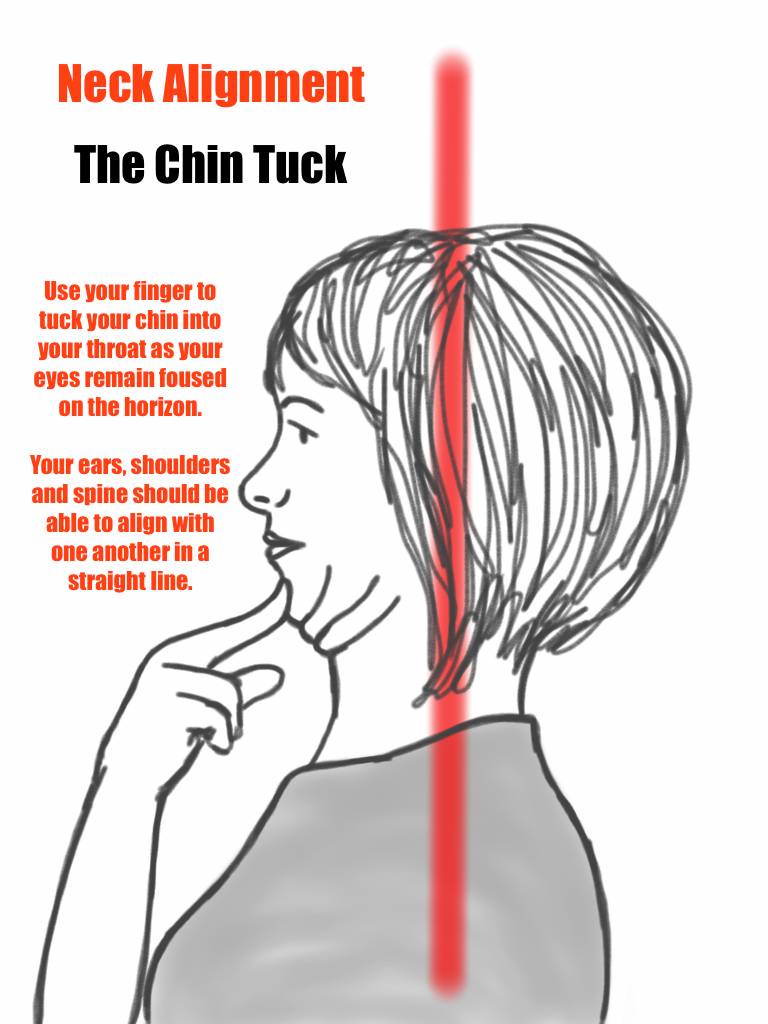










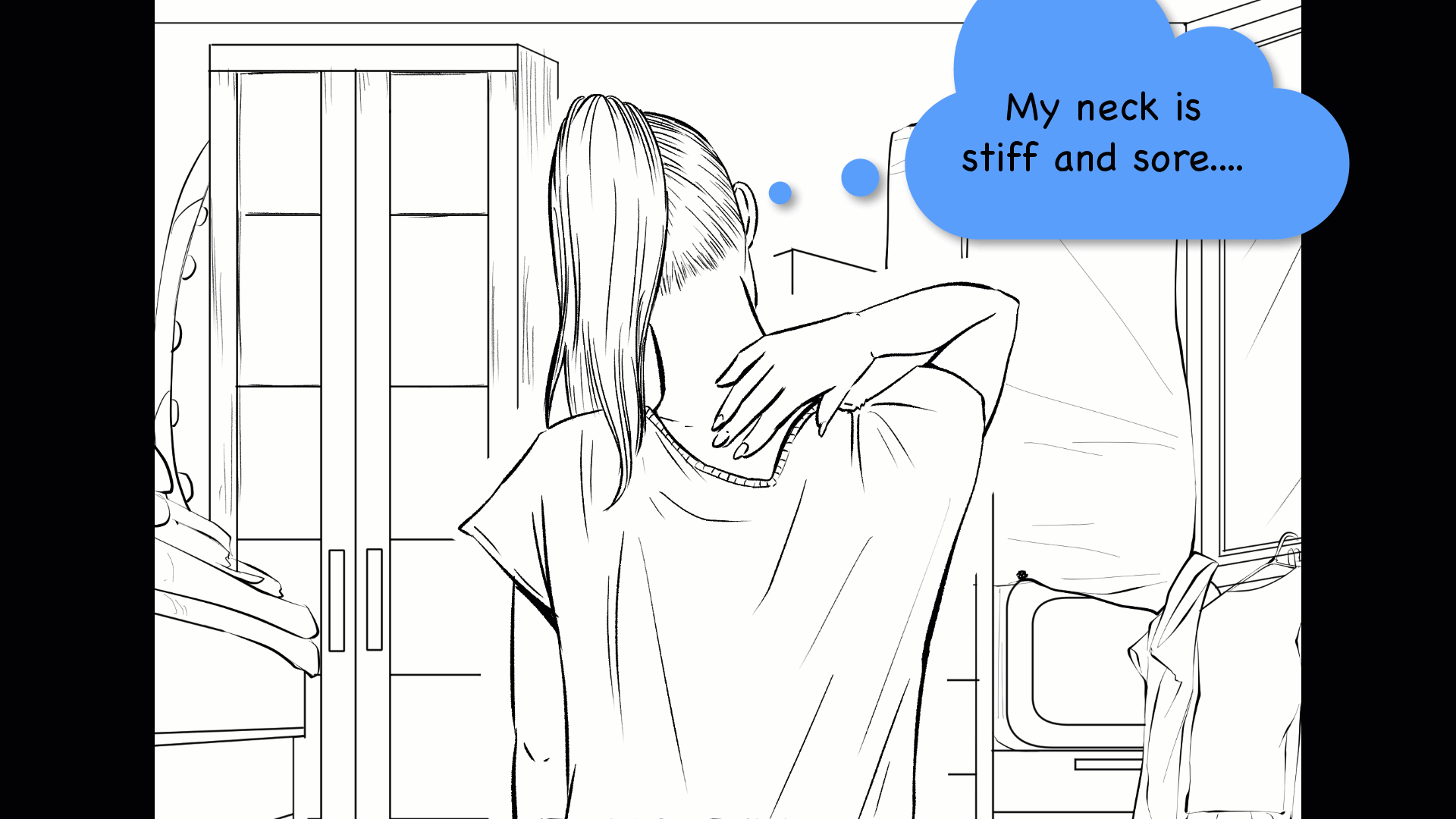
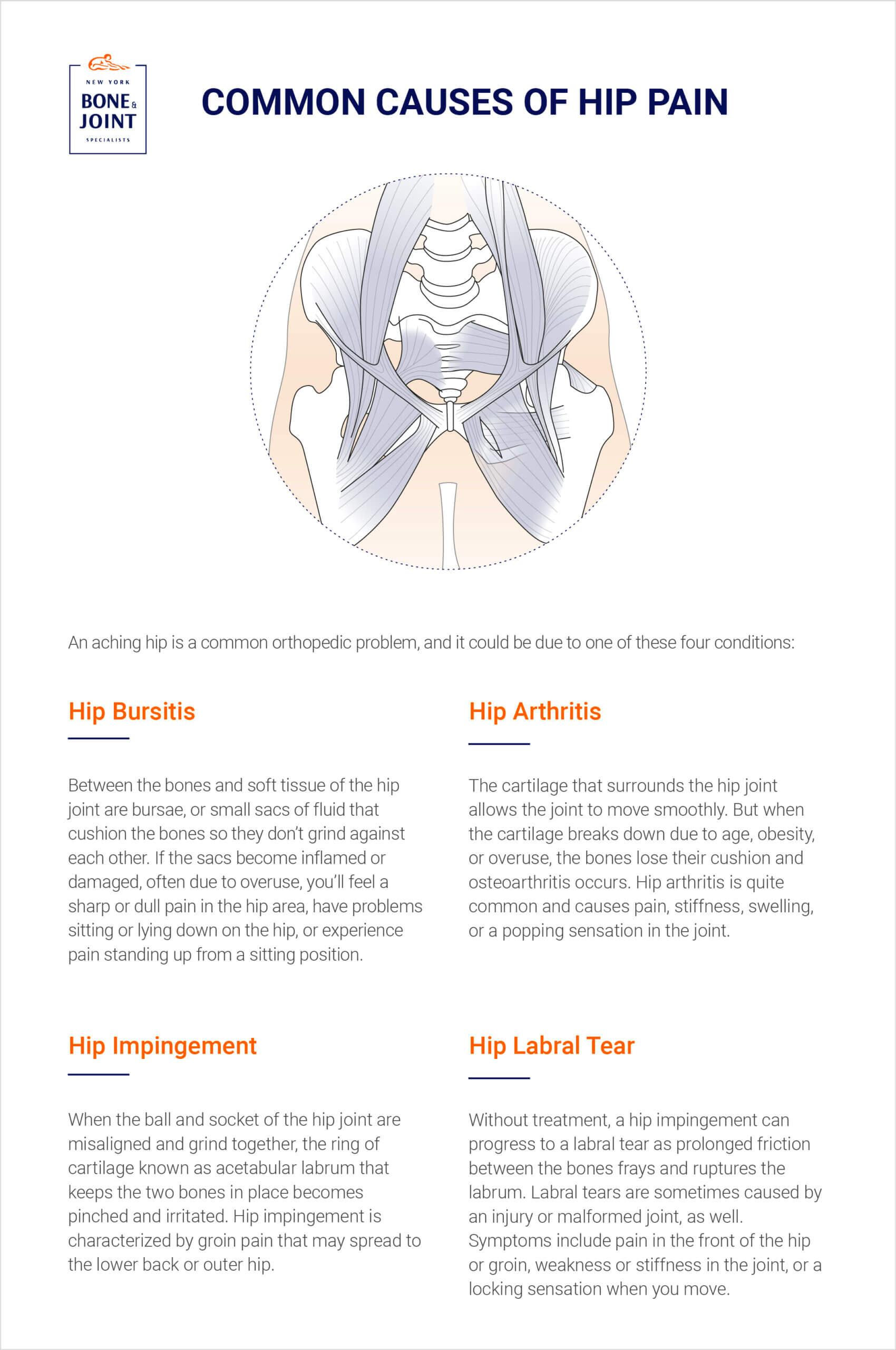


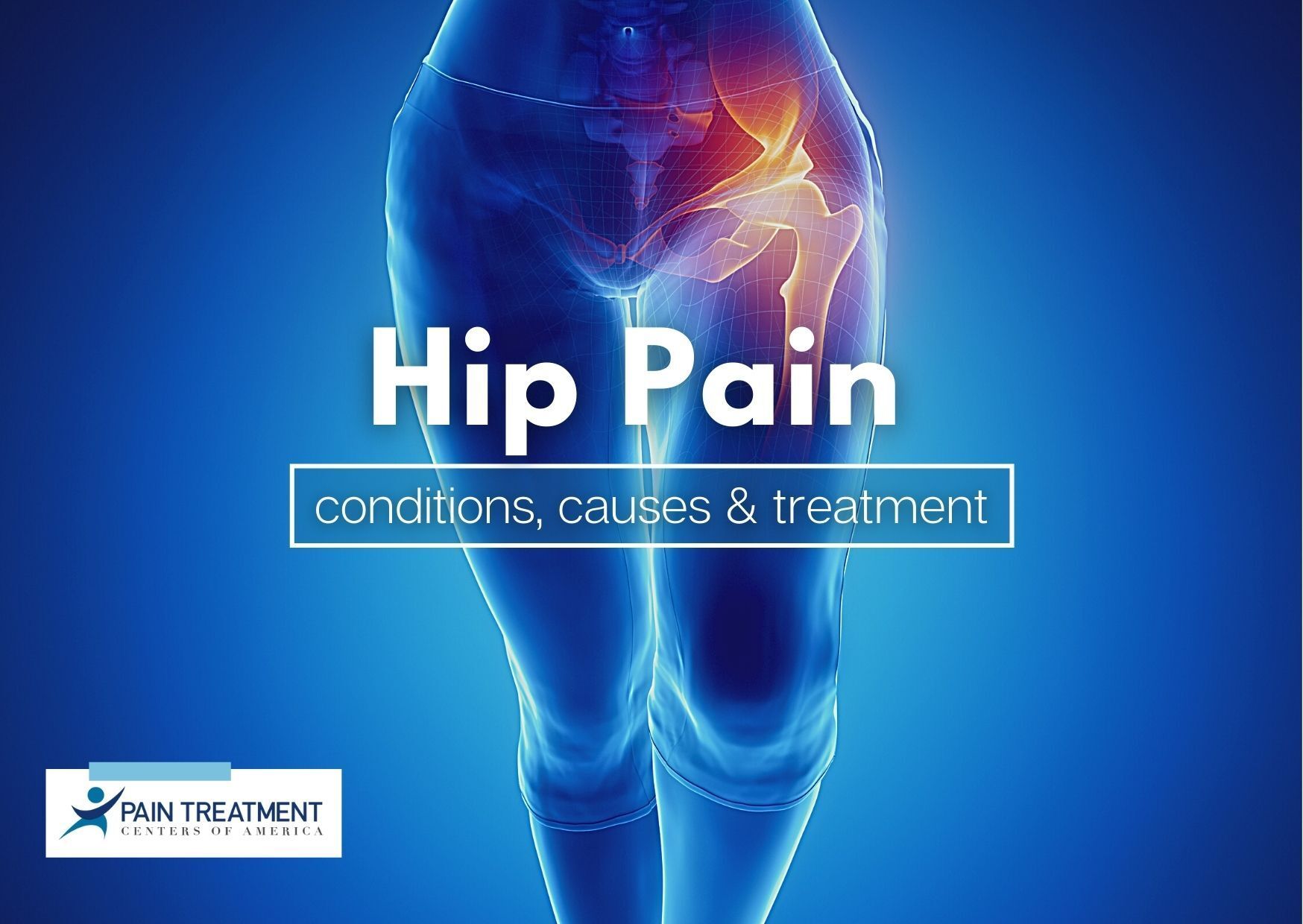


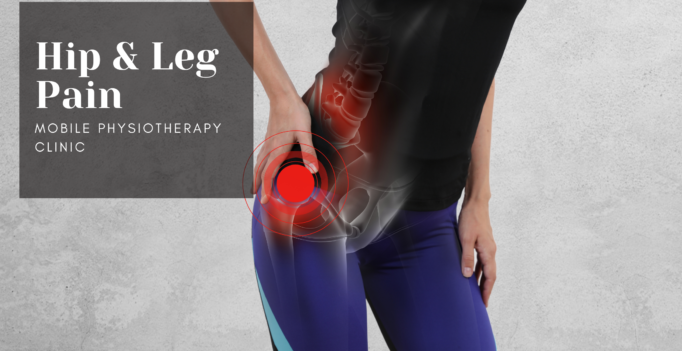























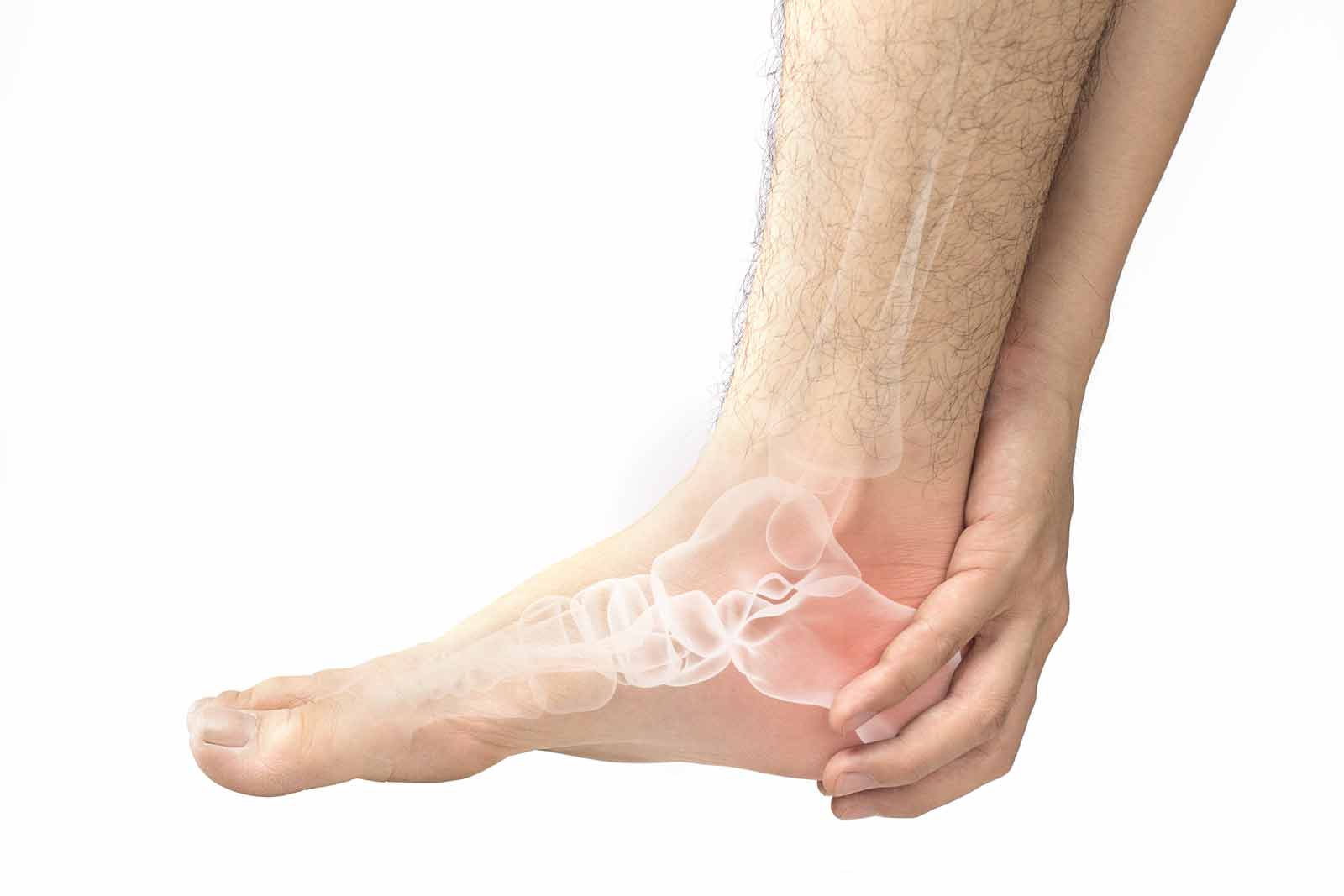






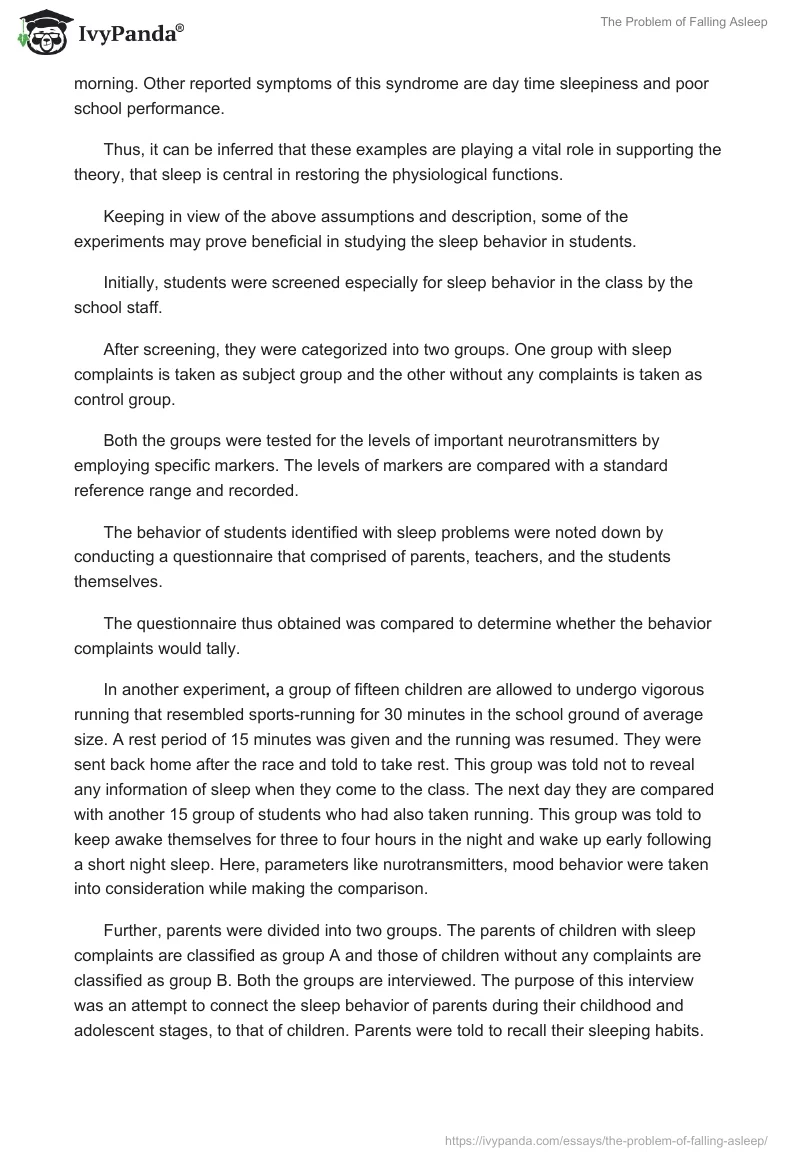






















/GettyImages-1206150622-1c297aabd4a94f72a2675fc509306457.jpg)

